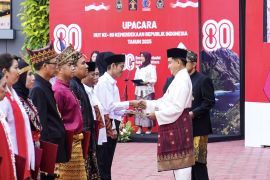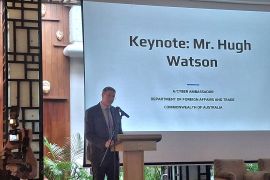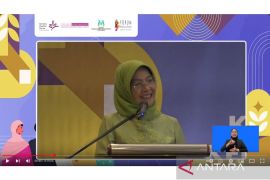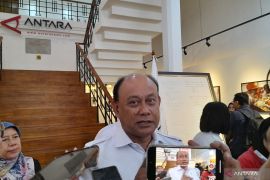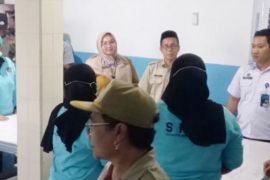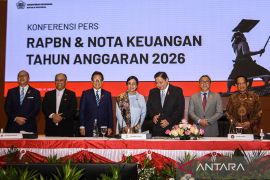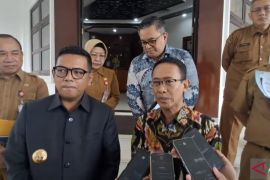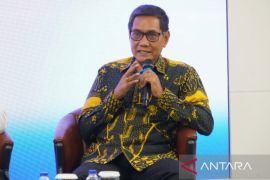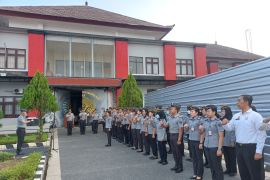In his speech to the opening of the 10th international seminar on Triple Helix here Wednesday, Gusti said therefore the government`s strategic policy should be changed dynamically to facilitate close cooperation among the academics, the business world, the government and the society, known as ABGS.
"Innovations will give maximum contributions to the economic development only if ABGS cooperation continues in harmony," he said.
To facilitate the cooperation, Gusti said, the Ministry of Research and Technology has formed a national innovation system consisting of seven sectors, namely food and agriculture, health, energy, information technology, transportation, defense technology, and high-level technologies, including nanotechnology.
The system coordinates all local administrations across Indonesia to invent excellent products that can be developed en masse, he said.
To that end, the ministry is also providing research funds, capacity building, and an information technology center to bridge the interests of researchers and industries, he explained.
"In the context of ABGS the Ministry of Research and Technology continues to support researchers and academics to develop innovative products on an industrial scale," Gusti said.
According to him, the government will take responsibility for and play an important role in realizing the ABGS collaboration to make innovations for the benefit of the people.
The 10th Triple Helix international seminar that brings together about 400 participants from 34 countries is part of a series of activities carried out to mark the 17th National Technology Awakening Day held in Bandung, West Java.
The seminar was themed enhancing the triple helix which serves as a model of collaboration between academics, industries, and governments, for developing countries to turn concept into implementation. (LWA/BSR/S012)
Editor: Kunto Wibisono
Copyright © ANTARA 2012
